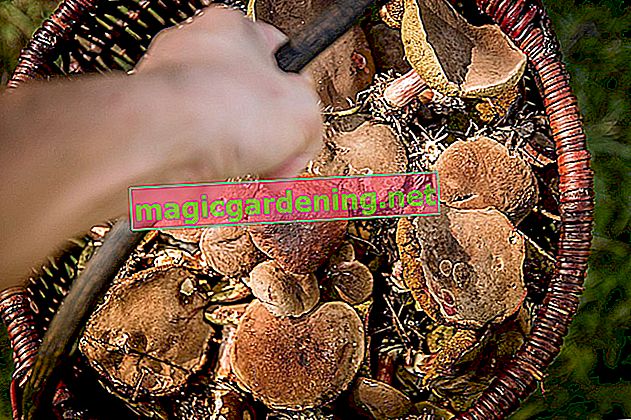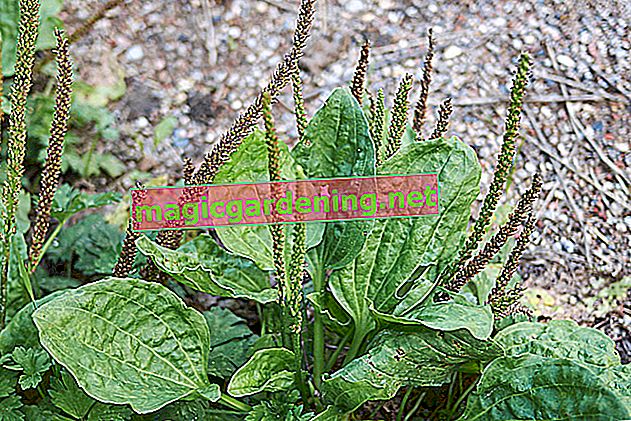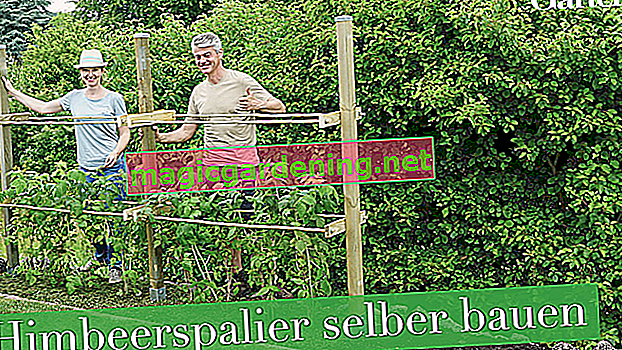
Sunflowers are heavy consumers
The sunflower is a so-called strong eater. That means it needs plenty of nutrients to grow to full size and beauty.
also read
- Sunflowers are not poisonous, they are even edible
- Pull sunflowers in a pot
- Grow sunflowers yourself - this is how it works!
Without regular fertilization, the flower remains rather small and puny.
Before sowing the kernels or planting out premature sunflowers, you can enrich the soil with ripe compost. This offers the plants the best starting conditions.
The right fertilizer
Sunflowers like things that are nitrogenous. So be sure to use fertilizers with a high nitrogen content.
Suitable fertilizers are:
- Horn shavings
- Nettle manure
- Ripe compost
- Cattle manure
- Ready liquid fertilizer
Avoid chemical fertilizers as much as possible, especially if you want to harvest the sunflower seeds for your own consumption or as bird seed.
If you grow a lot of sunflowers in the garden, it is worth preparing a large barrel of nettle manure and filling the manure into bottles. Then you have a good supply to fertilize the sunflowers regularly.
How often do you need to fertilize sunflowers?
What would lead to over-fertilization in other plants is just right for the sunflower. You can feed the plants with nutrients twice a week. At least once a week is mandatory.
Do not pour liquid fertilizer directly onto the stem, but draw a two to five centimeter deep pouring channel around the plant into which you put the fertilizer. Otherwise you run the risk of “burning” the stems.
Do not plant sunflowers too densely
Do not plant sunflowers too densely in the garden. If they are too close, they will dispute each other for nutrients. In this case, frequent fertilizing won't help much either. Maintain a planting distance of at least 70 centimeters.
Tips & Tricks
With their long roots, sunflowers improve the garden soil. Do not tear up the plants in autumn, just prune them down. The root rots in the soil, loosens it and enriches the soil with nutrients.








